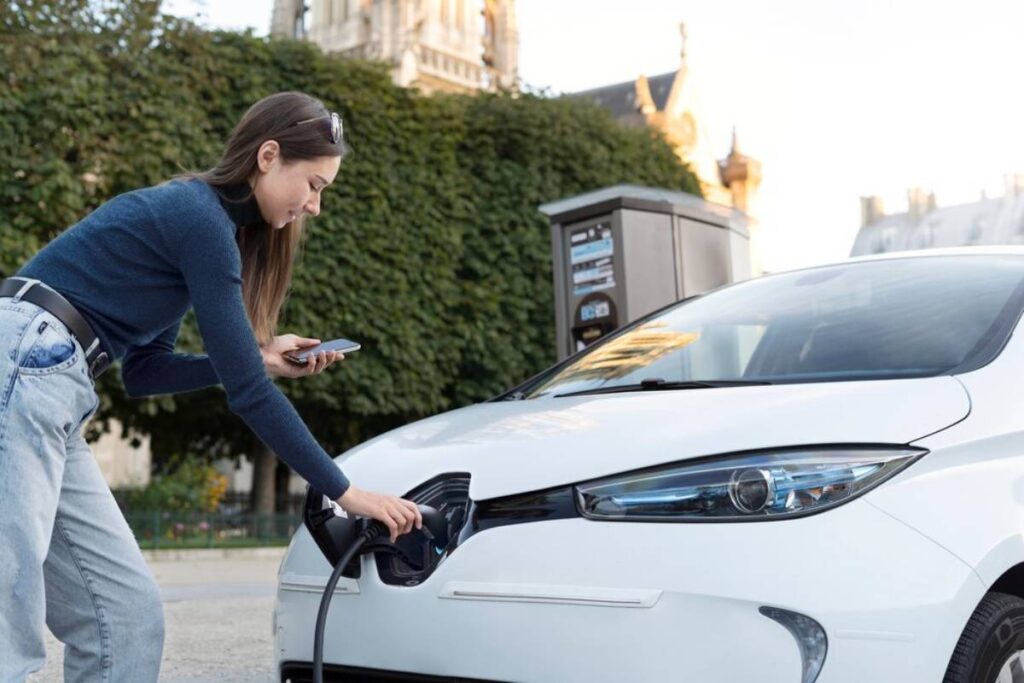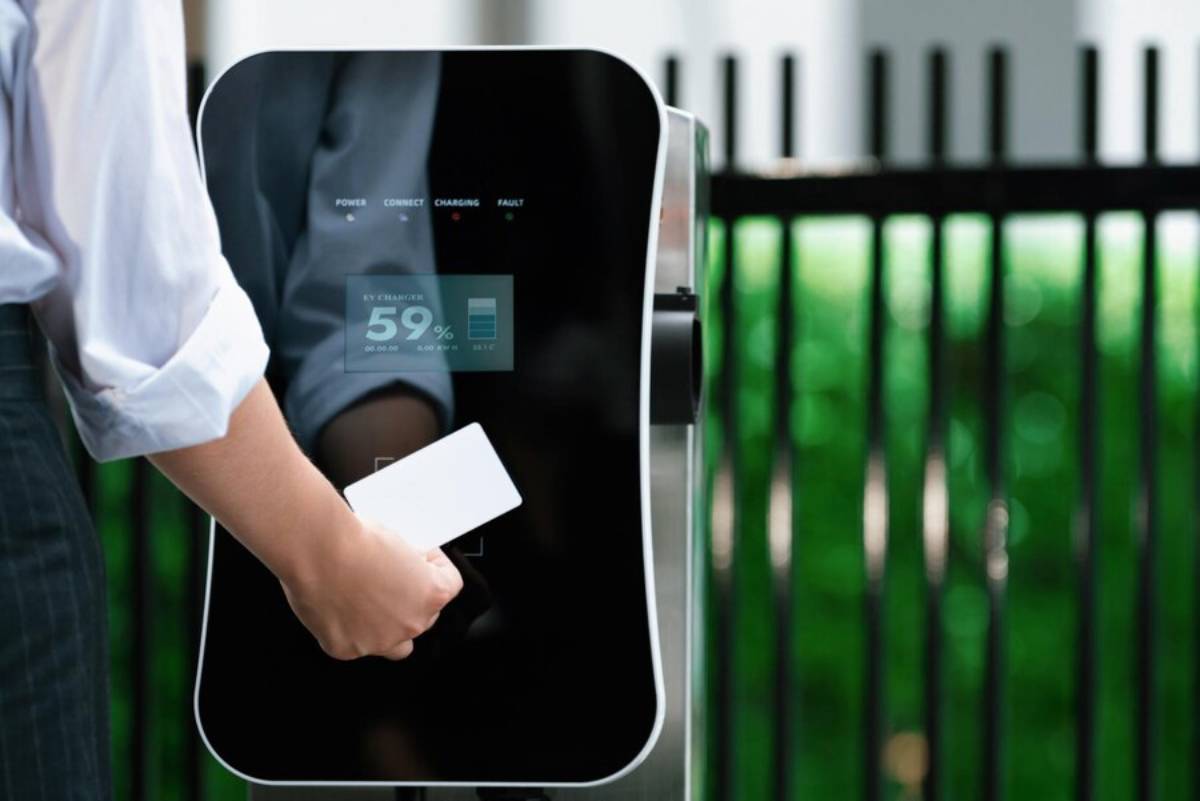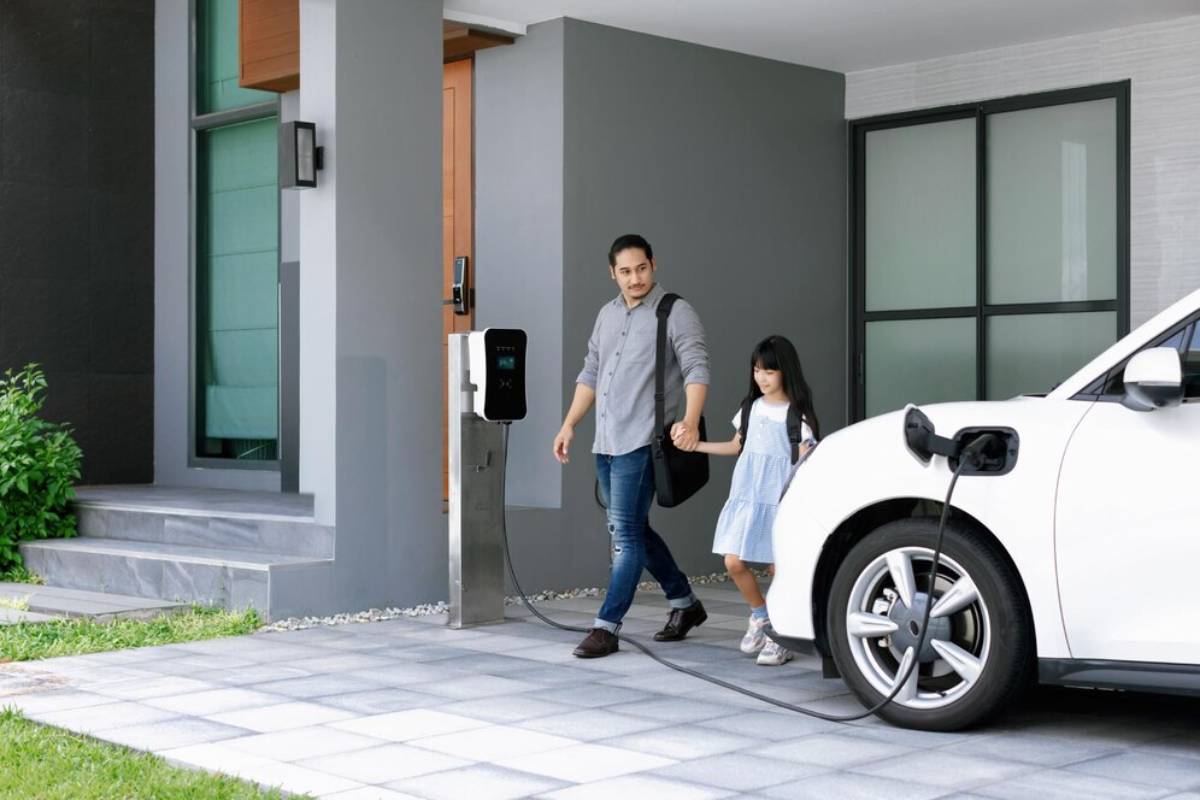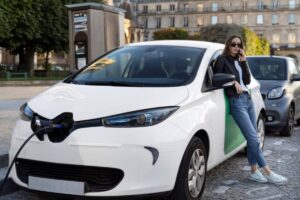The Automobiles & Vehicles Blog

Home Charging vs Public Charging: Cost Comparison
If you’re considering an electric car, one of the biggest questions on your mind is likely: how much does it cost to charge an EV? More specifically, is it cheaper to charge at home or rely on public chargers?
It’s a fair and important question — especially with energy prices fluctuating and a growing network of ultra-rapid charging stations popping up nationwide. While the convenience of home charging can’t be overstated, some drivers find themselves needing to plug in on the go more often than expected.
This post compares the real EV charging costs of home vs public charging, breaking down average rates, hidden charges, usage scenarios, and more. Whether you’re new to electric cars or looking to optimise your current routine, this guide will give you a grounded understanding of electric car charging expenses — and how to keep them low.
The Basics: What Determines EV Charging Costs?
EV charging isn’t priced the same way petrol is. Instead of cost per litre, you pay for electricity by the kilowatt-hour (kWh) — the same unit used for your household appliances.
Key Variables Include:
- Tariff type (standard vs EV-specific)
- Time of day (peak vs off-peak)
- Charger speed (slower = cheaper)
- Network fees (connection charges, idle fees, etc.)
- Your EV’s battery size and efficiency
How Much Does It Cost to Charge at Home?
Typical UK Home Rate (2025 Estimate)
- Standard tariff: 27p per kWh
- EV-friendly off-peak tariff (e.g. Octopus Go): 7.5p per kWh (off-peak window)
Example:
Charging a 60kWh battery from 0 to 100%:
- Standard tariff: £16.20
- Off-peak tariff: £4.50
- Per mile cost (assuming 4 miles/kWh): ~1.9p (off-peak) vs ~6.7p (standard)
Additional Home Costs:
- Smart charger installation: £800–£1,200 upfront
- Tariff switching or smart meter upgrade (free to low-cost)
Bottom line: Charging at home is the cheapest option long-term — especially with a smart charger and off-peak rates.
How Much Does Public Charging Cost?
Public EV chargers vary widely in price depending on speed, network, and location.
2025 Averages (UK):
- Slow (7kW): 30–40p/kWh
- Fast (22kW): 40–50p/kWh
- Rapid (50kW): 55–70p/kWh
- Ultra-rapid (100–350kW): 69–85p/kWh
Example:
Charging the same 60kWh battery at different public speeds:
| Charger Type | Average Cost | Total Cost (60kWh) | Per Mile (4 mi/kWh) |
| Slow (AC) | 35p/kWh | £21.00 | 8.75p |
| Rapid (DC) | 65p/kWh | £39.00 | 16.25p |
| Ultra-Rapid | 80p/kWh | £48.00 | 20p |
Note: Some networks also charge:
- Connection fees (up to £1 per session)
- Idle fees (if you overstay after charging is done)
Hidden Costs of Public Charging
1. Idle Charges
Leave your car plugged in too long after charging? Expect a penalty — often £10/hour after a grace period.
2. Subscription Fees
Some networks (like BP Pulse) offer lower rates if you pay a monthly subscription, usually £7–£10/month.
3. App Management

You may need multiple apps or RFID cards to access different networks. Not a direct cost, but a logistical headache.
How Real Drivers Use Charging: Scenarios Compared
Scenario 1: The “At-Home Commuter”
- Drives 25 miles/day
- Charges overnight using Octopus Go
- Charges 5 times per week
Weekly Cost: ~£2.60
Monthly Cost: ~£10.40
Charging Location: 100% at home
Scenario 2: The “Weekend Explorer”
- Weekday charges at home (Octopus Go)
- Weekend road trips needing rapid top-ups
Home Charging: 50% (£2.25)
Public Rapid Charging: 50% (£16.25)
Weekly Cost: ~£18.50 Monthly Cost: ~£74
Scenario 3: The “Urban Apartment Owner”
- No driveway
- Relies entirely on public charging (Mix of AC and DC)
Charging Cost (avg 55p/kWh): £33/week
Monthly Cost: £132
Note: May be able to reduce cost by using community chargers or off-peak city chargers if available.
Is It Worth Installing a Home Charger?
Let’s do the maths.
Upfront Cost:
- Charger: £900 (after government grant)
- Installation: Included
Annual Home Charging Savings (vs public):
- Home (off-peak): ~7.5p/mile
- Public (mixed): ~16p/mile
- Difference: ~8.5p/mile
- Driving 10,000 miles = £850/year saved
Payback Period: ~1 year
After that, it’s all savings.
Case Study: Jake’s EV Charging Switch
Jake, a 39-year-old architect from Norwich, bought a used Nissan Leaf and initially relied on public chargers.
“I was paying nearly £10 every few days just for 100 miles of range. It felt like the EV wasn’t saving me much at all.”
After installing a smart Ohme charger and switching to Octopus Go, Jake saw an immediate drop in costs.
“Now I pay less than £5 to drive 200 miles. The charger paid for itself in about nine months.”
Tips to Maximise Charging Savings
- Switch to an EV-friendly tariff: Like Octopus Go, Intelligent Octopus, or E.ON Next Drive.
- Use scheduled charging: Charge at night, when rates are lower and demand is low.
- Track your usage: Use your smart charger’s app to identify patterns and optimise.
- Combine charging stops with errands: Public charging while you shop or work saves time.
- Avoid topping up unnecessarily: Frequent partial charges on expensive networks add up.
Pros and Cons Summary
Home Charging

Pros:
- Cheapest option
- Most convenient
- Ideal for overnight charging
- Safer for battery health (slower charge rates)
Cons:
- Requires off-street parking
- Upfront installation cost
Public Charging
Pros:
- Great for long trips or no driveway
- Rapid top-ups in minutes
- Increasing network coverage
Cons:
- Higher per-kWh cost
- Inconvenient if queues or faults occur
- Risk of additional fees
Home vs Public Charging — Which Wins?
If you have the option to install a home charger, the numbers are clear: home charging wins on cost, convenience, and control. With the right tariff, it’s possible to charge your EV for pennies per mile — something no petrol or diesel car can match.
That said, public charging still plays a vital role — especially for those without a driveway, or anyone regularly taking long trips. Knowing when and how to use each type strategically is key to keeping your EV charging expenses low and your experience smooth.









